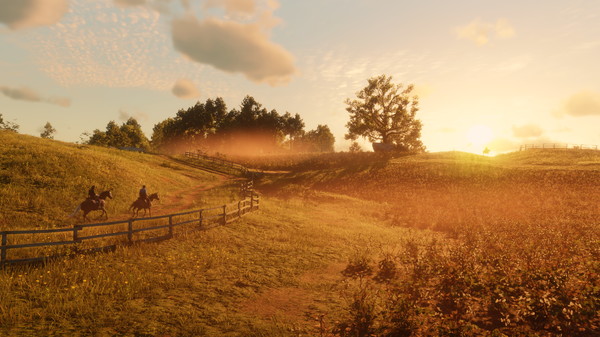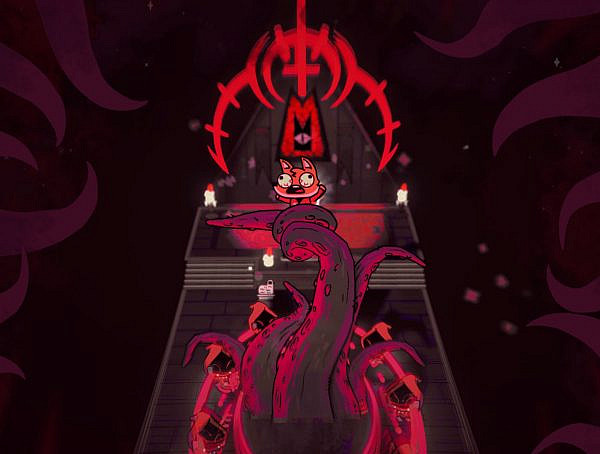The article tries to find the answer if role-playing games (RPG) affect player’s well being. The author tried to connect the dots by defining role playing games from players’ perspectives where they can design their own character, govern them and even feel the emotions of characters by themselves. According to the author, live action role play (larp) has been discussed previously. There were several aspects discussed. For example, practices of sociodrama and replication therapy; social, cultural, and digital capital; and leisure time studies were prominent among them. There was also discussion of Performance studies, the topic of erotic roleplay, problematic vs. therapeutic gaming; and health education- which established RPGs and well-being as a perspective in these studies.
RPG is renowned as a way of sociodrama and replication therapy. Because, playing or pretending in any role can express the reality and design expected behavior to achieve a better outcome. Here, the idea of “Social and cultural Capital” also emerges, as RPGs initiate social skills and abilities such as networking, organization and ownership development. This can also enforce digital skills, such as content development, intelligence, critical approach towards solutions and communication. As the leisure time research explains, people are prone to roleplaying in their everyday hobbies- singing a song like a singer, dressing like a gentleman, or painting like a painter. Role play is also important to study sexual identities, activities and beaviors such as BDSM. Electronic RPGs have created enough space to engage people into sexual behaviors. Nevertheless, healthcare use this roleplay mechanism to promote participatory learning in a community.
Previous research culture was basically dependent on qualitative methodology or ethnographic approach. The author here focused on the act of the artist to define well-being. The gap of discussion between role, self, and immersion of the discussion of well being can help the studies. This field is decided as interdisciplinary, and related to both- art and well-being. The author indicates, different traditional studies such as sociology, education,
game studies, information studies, and performance studies can discuss this with pragmatic, relative or critical realist approaches. The key points may differ according to the objective and method of research.
Source: Lehto, K. (2021). Role-Playing Games and Well-Being. International Journal of Role-Playing, 1 (11), 72-93.
You might also like
More from Game Research Highlights
Eldritch horrors and tentacles – Defining what “Lovecraftian” is in games
H.P. Lovecrafts legacy lives today in the shared world of Cthulhu Mythos and its iconic monsters. Prema Arasu defines the …
Are Souls Games the Contemporary Myths?
Dom Ford’s Approaching FromSoftware’s Souls Games as Myth reveals the Souls series as a modern mythology where gods fall, desires …
Of claws and cuddles: Exploring Dark Cozy Games
Cute, wholesome, safe....dark, heavy, violent? Let's talk about dark cozy games!















